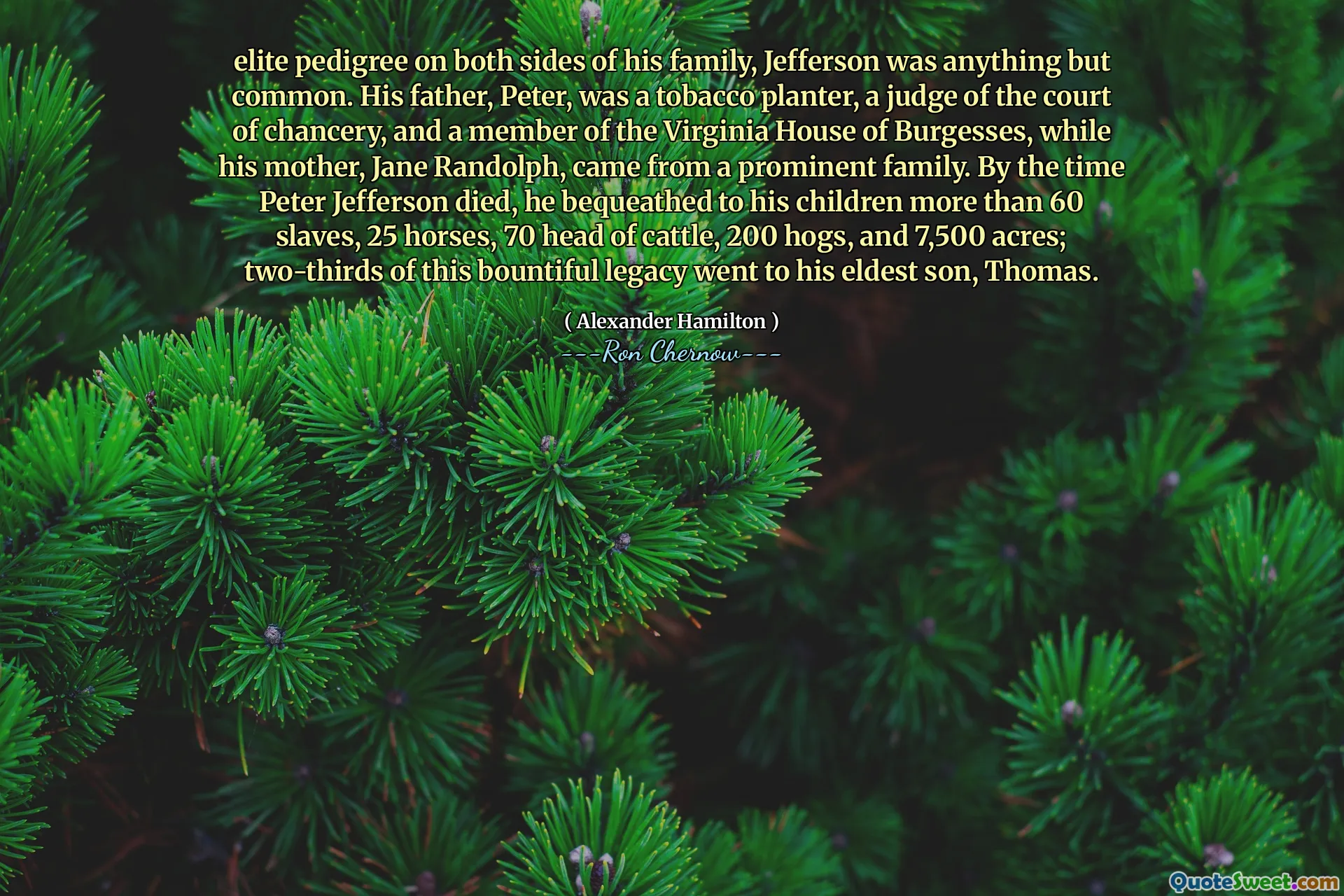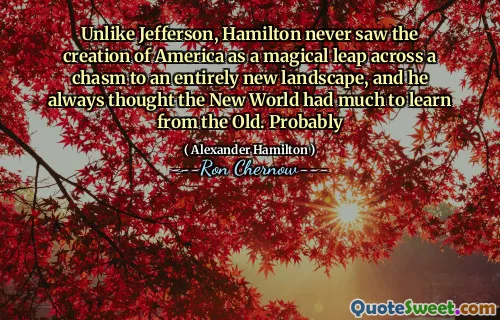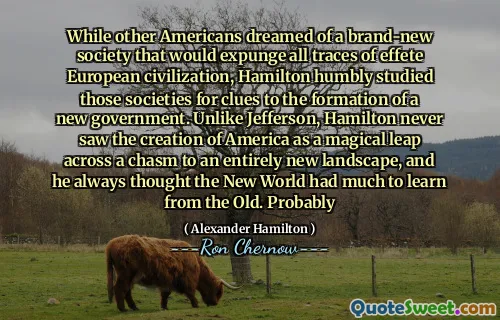
elite pedigree on both sides of his family, Jefferson was anything but common. His father, Peter, was a tobacco planter, a judge of the court of chancery, and a member of the Virginia House of Burgesses, while his mother, Jane Randolph, came from a prominent family. By the time Peter Jefferson died, he bequeathed to his children more than 60 slaves, 25 horses, 70 head of cattle, 200 hogs, and 7,500 acres; two-thirds of this bountiful legacy went to his eldest son, Thomas.
This excerpt highlights the privileged and influential background of Thomas Jefferson, emphasizing the significance of family heritage and wealth in shaping his early environment. Understanding Jefferson's ancestry provides context for his later accomplishments and perspectives. Coming from a family that possessed considerable land, slaves, and social standing, Jefferson inherited not only material wealth but also societal expectations and the advantage of a prominent upbringing. These advantages undoubtedly played a role in his education, opportunities, and sense of responsibility within Virginia society. However, the mention of enslaved people and large-scale estates also underscores the complexities of his legacy, intertwined with the history of slavery, landownership, and power. Reflecting on this background invites us to consider how lineage and material inheritance influence personal development and historical trajectories. It also raises questions about the values and societal structures that perpetuated inequality and privilege. Assessing Jefferson’s roots reminds us that historical figures are products of their environments, which carry both benefits and moral contradictions. The familial influence and wealth serve as a testament to the social stratification of the era and challenge us to evaluate the broader implications of inherited privilege in shaping political, social, and ethical landscapes.











